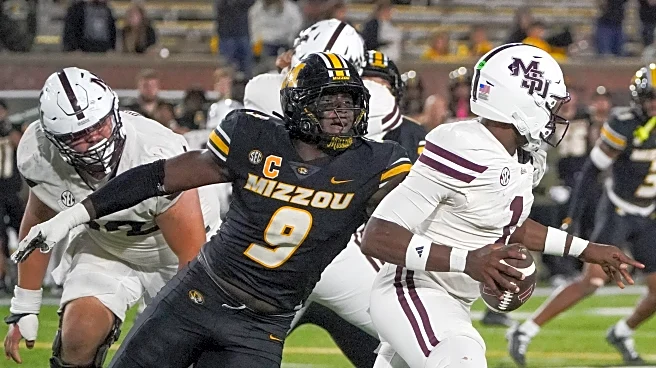Rapid Read • 7 min read
Foreign interference in US presidential elections has a long history, dating back to the early 1800s. The methods have evolved, but the strategies remain similar, exploiting the liberties afforded by republics, such as free speech. Panelists at the George Washington Leadership Lecture Series discussed historical instances of foreign meddling, including Russia's interference in the 2016 election and earlier examples involving figures like James Madison. The discussion highlighted the challenges republics face in protecting their democratic processes from foreign influence.
AD
Understanding the historical context of foreign interference in US elections is crucial for addressing current and future threats. The liberties that define republics, such as free speech, can be exploited by foreign powers to influence public opinion and electoral outcomes. By examining past instances of interference, policymakers can develop strategies to safeguard democratic institutions and maintain electoral integrity.
The ongoing challenge of foreign interference requires vigilance and adaptation. Educating the public about propaganda and interference tactics is essential for building resilience against these threats. The US must continue to refine its strategies to protect elections from foreign influence, leveraging historical lessons to inform future actions.
The ethical and legal dimensions of foreign interference highlight the need for a balance between protecting democratic processes and preserving individual liberties. The historical perspective underscores the importance of transparency and accountability in addressing these complex challenges.
AD
More Stories You Might Enjoy










